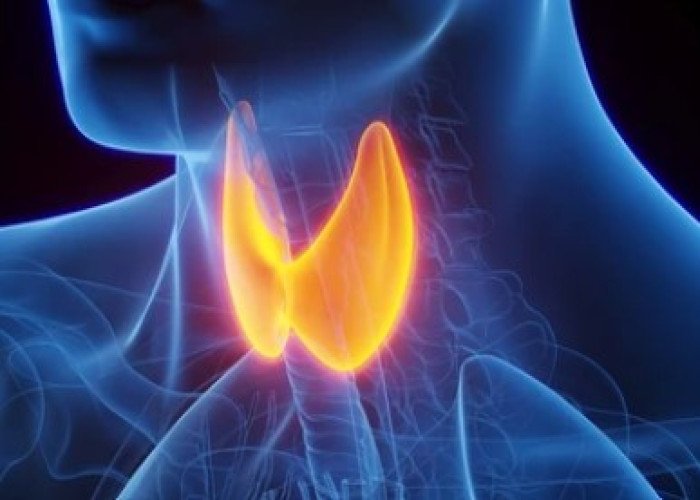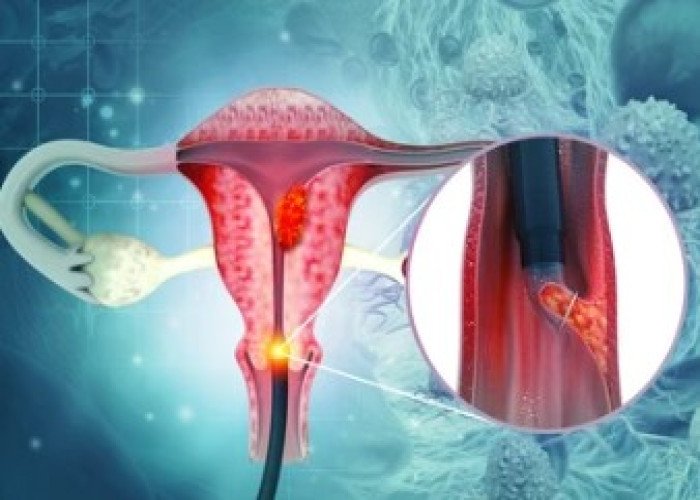 Welcome
Welcome
“May all be happy, may all be healed, may all be at peace and may no one ever suffer."
Leprosy - Homeopathic remedies
Leprosy, also known as Hansen's disease, is a chronic bacterial infection caused by the bacterium Mycobacterium leprae. Leprosy primarily affects the skin, nerves, and mucous membranes of the nose and throat. The disease can lead to deformities, nerve damage, and blindness if left untreated.
Leprosy is transmitted through close contact with an infected person, although it is not highly contagious. The disease is most prevalent in areas of the world with poor living conditions and inadequate access to healthcare.
Symptoms of leprosy can vary depending on the severity of the infection and the individual's immune response to the bacteria. Some common symptoms of leprosy include:
- Skin lesions: Leprosy can cause discolored or raised patches on the skin that may be numb to the touch.
- Nerve damage: Leprosy can cause nerve damage, leading to loss of sensation or muscle weakness in the hands, feet, or face.
- Eye damage: Leprosy can cause blindness or vision loss if left untreated.
- Nasal congestion: Leprosy can cause nasal congestion or nosebleeds due to mucous membrane damage.
Treatment for leprosy typically involves a course of antibiotics, such as dapsone, rifampicin, and clofazimine, for several months to a year or more. If nerve damage has occurred, rehabilitation and surgery may be necessary to address deformities or restore function.
If you suspect you may have leprosy or have been in close contact with an infected person, it is important to seek medical attention from a qualified healthcare provider. Early diagnosis and treatment can help prevent complications and improve outcomes.

Gland is hard as stone

Rash

Tone break

Obesity

Sleep paralysis

Diabetes

Colic

Cervical cancer
Leprosy, কুষ্ঠরোগ
To be happy, beautiful, healthy, wealthy, hale and long-lived stay with DM3S.


